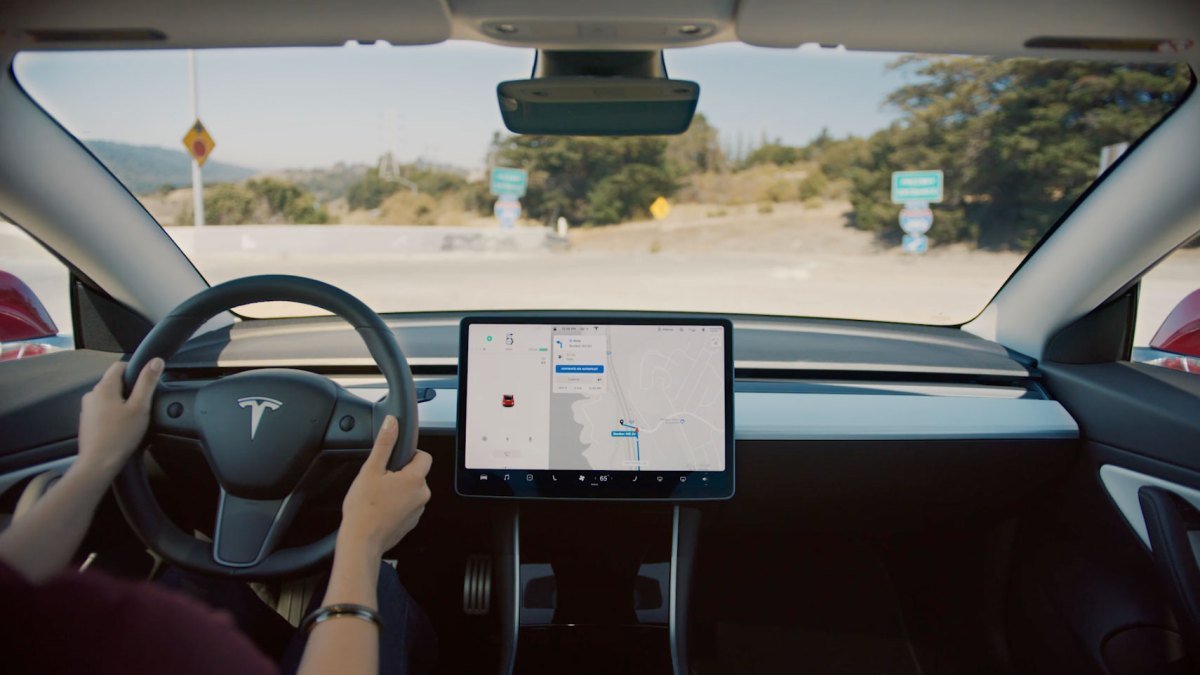Tesla is preparing to offer a new perk for potential buyers in the U.S. who are interested in their advanced driver-assistance system. Called Full Self-Driving Beta, this system is valued at $12,000 and will be available to customers as a one-month trial. But there’s a catch – the customer must have a vehicle equipped with compatible hardware. It has also been reported that CEO Elon Musk has requested that all interested buyers are given a demonstration of the software before making a purchase decision.
The Full Self-Driving Beta software is an upgraded version of the standard Autopilot system that comes with every Tesla vehicle.
This push to promote the FSD Beta software couldn’t have come at a more interesting time for the company. With the end of the first quarter of 2024 approaching, Tesla is known for going the extra mile to meet or exceed their sales goals. This includes having executives personally assist in delivering cars to customers. Offering customers a new incentive could potentially boost sales, but it also runs the risk of turning away potential buyers who may be put off by the added steps in the usually streamlined buying process.
The timing is also significant as Tesla prepares to go to trial in a civil lawsuit brought by the family of Walter Huang. Huang tragically passed away in a 2018 crash while using Autopilot. Although he was found to be distracted at the time, an investigation revealed that he had been playing a mobile game. The lawsuit questions whether Tesla properly represented the capabilities of Autopilot and if they did enough to prevent drivers from misusing it. This incident was also examined by the National Transportation Safety Board, who determined that Tesla did not take enough precautionary measures. However, the NTSB is only able to provide safety recommendations and cannot enforce them.
Recently, Tesla has released a new “V12” version of the FSD Beta software that uses neural networks instead of the previous code. This version has received praise from Tesla’s most dedicated supporters, as well as some employees and executives. In fact, policy head Rohan Patel shared on X that he feels comfortable recommending the use of FSD anywhere to his own family.
But not everyone has had a smooth experience with the software.
By expanding access to the FSD Beta software to a wider range of customers beyond the few hundred thousand who have already paid the hefty price tag of $12,000 (or $15,000 for early adopters), Tesla will have access to more video data to train their neural networks. However, this also means that the software could potentially end up in the hands of a significant number of people who may not follow Tesla’s instructions to supervise the software at all times and be prepared to take over if necessary.








